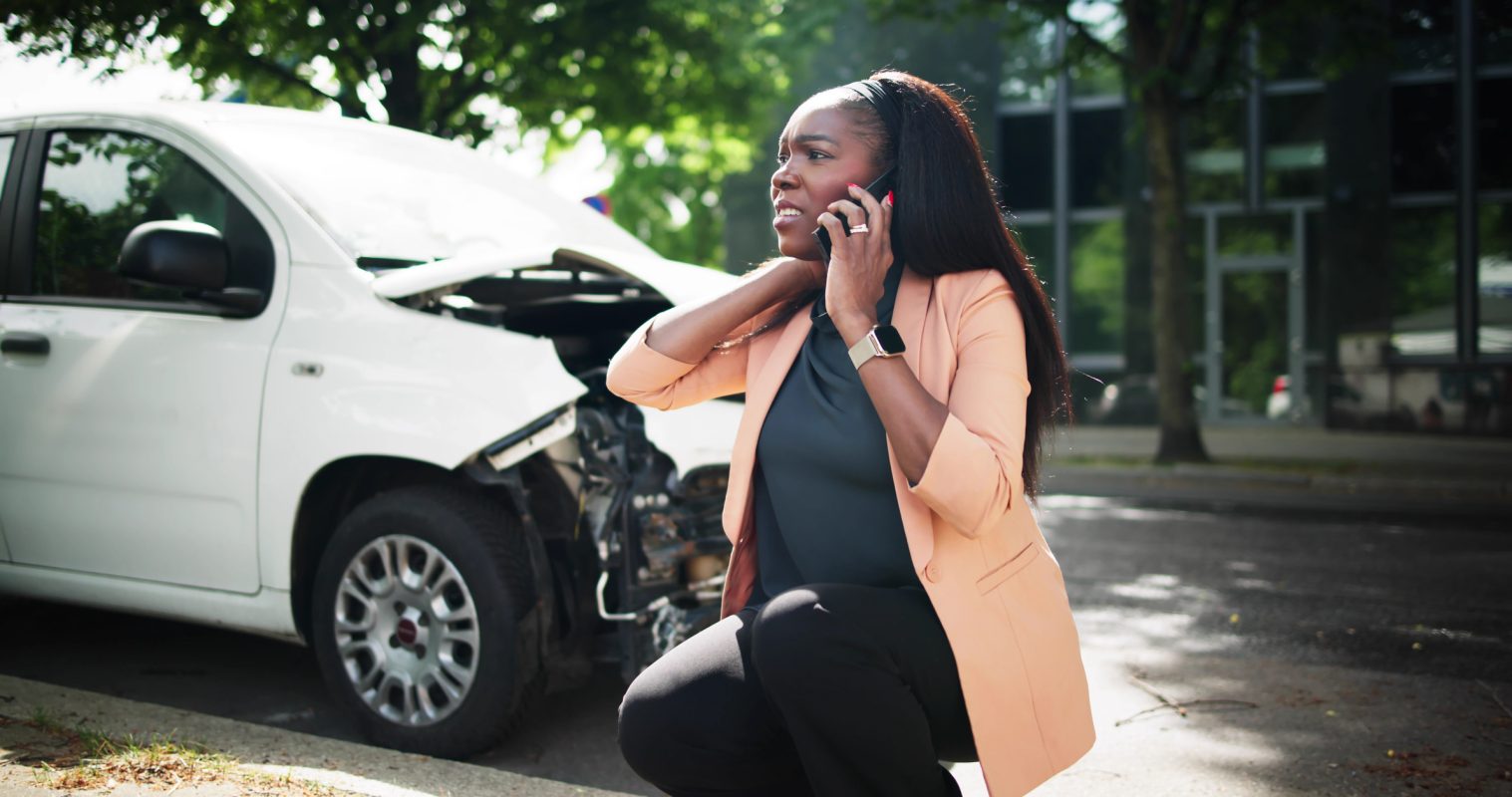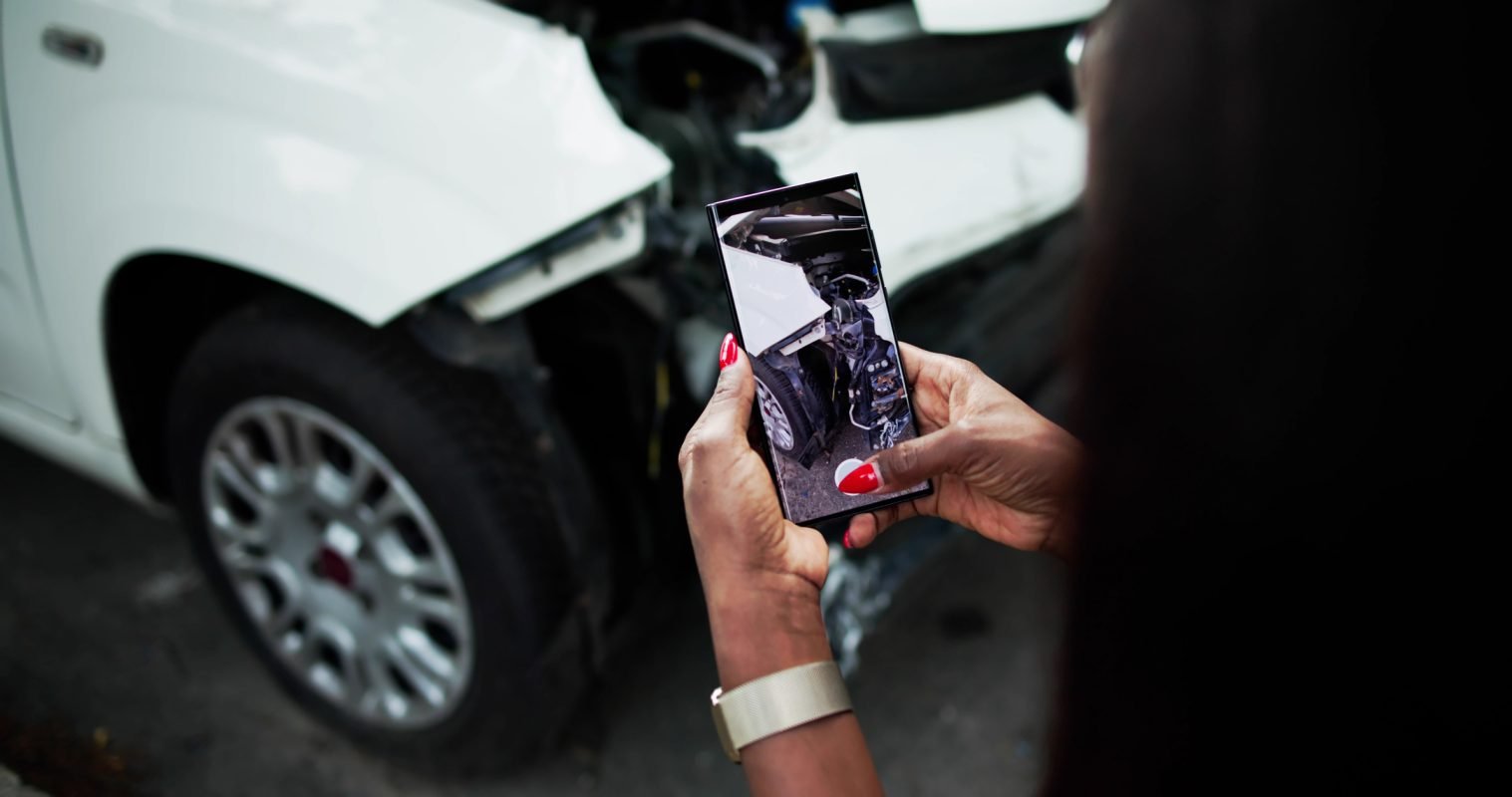Each year, road traffic accidents claim an estimated 1.19 million lives worldwide — a staggering reminder of how quickly a dream vacation can turn into a nightmare. Navigating a car accident abroad comes with its own set of challenges: unfamiliar roads, foreign driving laws, tight insurance deadlines, and complex legal systems. A delay in reporting or missteps at the scene can easily jeopardize your insurance coverage, with regulations varying sharply across borders. (For instance, in Japan, every accident must be reported to authorities, while in Germany, police usually step in only if there’s significant damage or injury.)
If you’re ever involved in a car accident while traveling, clear thinking and swift action are your best allies. Here’s a step-by-step guide to help you protect yourself, assert your rights, and move through this stressful situation with confidence.
First Things First: Ensure Safety and Call for Help

In the aftermath of a car accident abroad, chaos and adrenaline can cloud judgment. Yet, what you do in these critical first moments can make all the difference.
#1. Move to a Safe Location, If Possible
Your top priority should always be safety. First, check yourself and all passengers for injuries — remembering that adrenaline can mask symptoms. If it’s safe, move your vehicle out of active traffic, even if you have a flat tire, to prevent further collisions. Switch on your hazard lights and, where applicable, set up warning triangles or flares according to local traffic laws.
If moving is too dangerous (especially on busy highways), stay buckled inside the vehicle until emergency responders arrive.
#2. Call Local Emergency Services Immediately
Once safe, contact local emergency services. Time is crucial: EMS teams respond to approximately 1.5 million motor vehicle crashes annually, and their intervention can be lifesaving.
Essential emergency numbers to know:
- Europe: 112
- Mexico and the United States: 911
Clearly communicate your exact location, the number of vehicles involved, and any visible injuries. If language barriers arise, use translation apps or enlist nearby locals to assist. Remember, the proper medical documentation collected now will be invaluable for any car accident abroad claim later.
Report to Authorities and Contact Your Embassy
Once you’ve handled immediate safety and documentation, it’s time to navigate the legal requirements.
#1. File a Police Report
Many countries require you to report any road traffic accident to police — particularly if injuries or major damage occurred. Even if the law doesn’t mandate it (as in some minor accidents in South Carolina), filing a report strengthens your future claims.
Be honest in your statement but avoid admitting fault. Regulations for obtaining a police report vary by country — in Japan, for example, it can take up to 10 days through the Japan Safe Driving Center.
#2. Notify Your Embassy or Consulate
Your embassy can be a crucial resource. While they won’t provide legal representation, they can:
- Help you communicate with local authorities
- Provide lists of reputable local lawyers and medical facilities
- Notify your family if necessary
- Assist with emergency travel documentation
US travelers can call 1-888-407-4747 (domestic) or +1-202-501-4444 (international) for emergency help.
Document the Accident Thoroughly: Your Best Defense


The strength of your insurance or legal claim often hinges on what you document at the scene.
#1. Photograph Everything
After ensuring safety, start gathering visual evidence:
- Wide shots of the entire scene.
- Close-ups of vehicle damage, license plates, and road conditions.
- Images of traffic signs, skid marks, and any contributing factors.
Photos serve as undeniable proof, often tipping the scales in your favor during insurance disputes or legal proceedings.
#2. Exchange Information, But Don’t Discuss Faults
Stay professional. Exchange these critical details with all involved drivers:
- Full names, addresses, and phone numbers
- Driver’s license numbers and vehicle registration
- Insurance provider names and policy numbers
- Vehicle make, model, and year
Capture clear photos of these documents to minimize errors.
#3. Collect Witness Statements
If bystanders witnessed the accident, politely ask for a brief written statement along with their full contact information. Witness testimony can be instrumental in supporting your version of events during a car accident abroad claim.
Start Your Claim and Consider Legal Help
Once the dust has settled, you’ll need to turn your attention to the financial side of the accident.
#1. Contact Your Travel and Auto Insurance Providers Immediately
Most insurance companies require you to report a car accident abroad as soon as possible — delays can lead to denied claims. Notify both your travel and auto insurers:
- Submit accident details along with documentation
- Provide copies of police reports
- List all out-of-pocket emergency expenses
#2. Understand Your Coverage
Many auto policies only offer third-party coverage internationally. Travel insurance usually covers medical expenses, emergency evacuations, and personal belongings — but not damages you cause to others. Always review your policy details thoroughly before traveling, and consider purchasing supplemental coverage such as a Green Card for European travel or a rental car collision waiver if needed.
#3. Hire Accident Abroad Lawyers When Needed
If your injuries are serious, your claim is denied, or multiple legal systems are involved, consulting a specialized car accident lawyer abroad can be crucial. Studies reveal that those who engage legal counsel receive settlements 3.5 times higher on average.
Legal service platforms like ConsumerShield can connect you with attorneys who will collect evidence, negotiate with insurers, and ensure you receive fair compensation.
Final Thoughts
A car accident abroad can upend your travels — but how you respond determines whether it becomes a lasting nightmare or just a temporary detour.
Prioritize safety, document everything meticulously, and act swiftly with legal and insurance claims. Different countries have their own road traffic accident procedures, but your basic strategy remains the same: stay calm, be thorough, and know your rights.
Preparation is key. Before your next international adventure, save local emergency numbers, understand your insurance coverage, and plan for unexpected emergencies. Armed with the right knowledge and tools, you’ll be able to protect yourself, recover faster, and get back to the journey you envisioned.
Accidents happen, even to the most careful travelers. Your quick, organized response could make all the difference — ensuring you move past the setback and continue making unforgettable memories.
Featured Image: Color Customs Collision/Pinterest
For the latest in fashion, lifestyle and culture, follow us on Instagram @StyleRave_
—Read also
